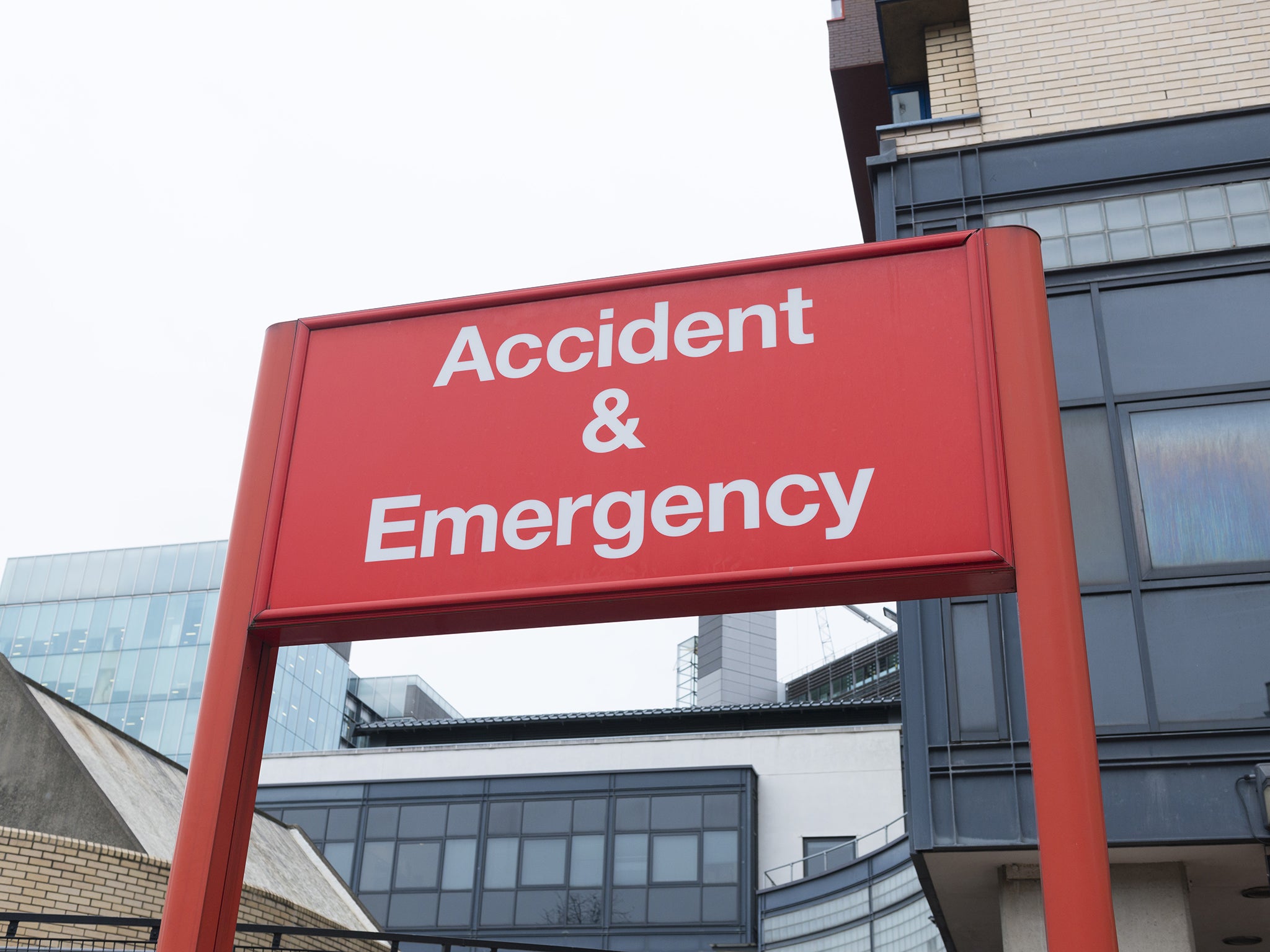Charities offer to help out in A&E to relieve pressure on staff
Charities including the Red Cross, Age UK and the Royal Voluntary Service want to see volunteers and staff stationed in hospitals to help to feed and hydrate vulnerable patients

Some of Britain’s leading charities will urge the Government to let them make a “radical intervention” at accident and emergency (A&E) departments in a bid to relieve crippling pressure on medical staff.
Charities including the Red Cross, Age UK and the Royal Voluntary Service want to see volunteers and staff stationed in hospitals to help to feed and hydrate vulnerable patients, prevent unnecessary hospital admissions of frail, elderly people, and help to arrange follow-up care.
The Cabinet Secretary and head of the Civil Service, Sir Jeremy Heywood, will meet chief executives of the charities today to hear how their “vital, strategic” services are being wasted at a time when the NHS is overwhelmed by unprecedented hospital admissions.
While trained volunteers already help out at some hospitals, the Association of Chief Executives of Voluntary Organisations (Acevo), which is leading the proposal, will urge the Government to commission a major national expansion of the services.
The increasing strain on NHS resources
Show all 4Some of the services trained staff could provide include making transport arrangements for elderly people leaving hospital, making visits to their home to prevent readmissions, providing company for vulnerable patients to aid their recovery, and pointing patients to more suitable services.
Sir Stephen Bubb, the chief executive of Acevo, said: “The NHS needs an innovative and radical intervention – otherwise this situation is going to carry on. We’ve known for a long time that frail, elderly patients are being kept in hospital for a long time despite not having medical conditions.
“This isn’t about bailing out the NHS or the NHS not coping, but an effective way of letting us do the job we can do in social care and freeing up medical staff so they can do their job.”
A&E units had one of their busiest weeks on record in the week ending 4 January, when they failed to meet their target of seeing 95 per cent of patients within a four-hour period, instead managing to do so with 86.7 per cent of the 407,239 patients who attended. Dr Sarah Pinto-Duschinsky, the director of operations and delivery for NHS England, said the health service continues to face “unprecedented pressures on its frontline services” which will continue for the next few weeks.
Subscribe to Independent Premium to bookmark this article
Want to bookmark your favourite articles and stories to read or reference later? Start your Independent Premium subscription today.

Join our commenting forum
Join thought-provoking conversations, follow other Independent readers and see their replies